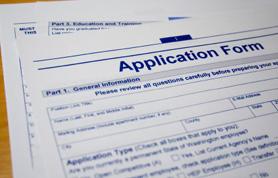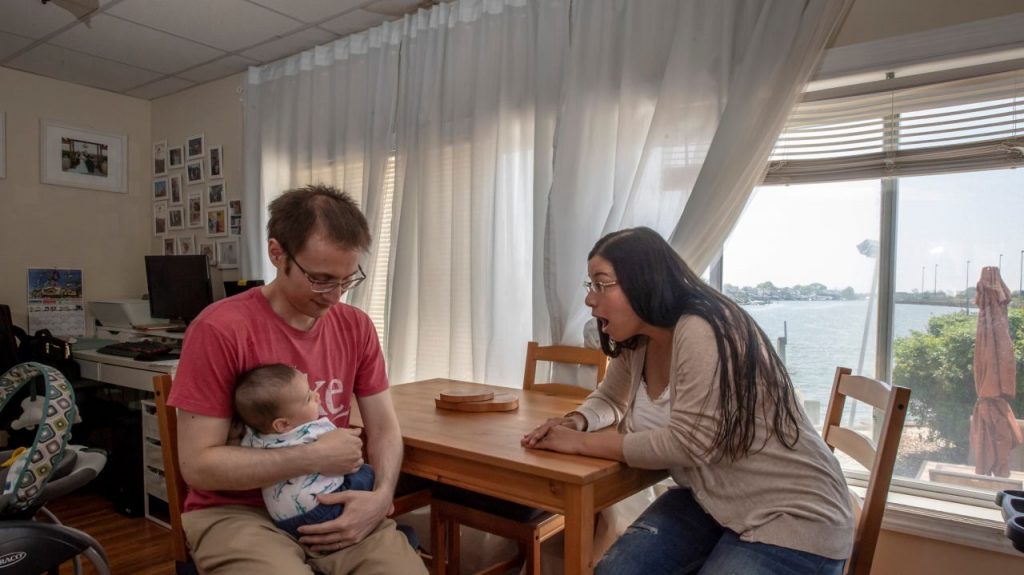What Extra Clauses should you add to Your Lease Agreement?
 Many times a basic lease agreement is not enough. There are many other important clauses that many landlords tend to neglect, yet in a dispute they may become very important. Below are some examples of clauses that can be added to your lease agreement.
Many times a basic lease agreement is not enough. There are many other important clauses that many landlords tend to neglect, yet in a dispute they may become very important. Below are some examples of clauses that can be added to your lease agreement.
- Parking restrictions – how many vehicles (cars, boats, motorcycles, etc) can be parked at the residence?
- Business use – can the tenants run a business? What kind? Is signage allowed?
- Garage sales or auctions? Are you going to permit these? How often?
- Change in status (any changes in the lease application, such as employment)
- Subletting – is it allowed? How many residents? What notification?
- Co-signer or guarantor – should you add another responsible party as a guarantor?
- Partial payment – how is it handled and does it stop any legal proceedings?
- Returned check fees – how are you going to handle returned checks? What fees?
- Bankruptcy – what are you legal rights if your tenant files for bankruptcy?
- Lease violations – what are your rights? What are the tenant’s rights? What jurisdiction?
- Absence of tenant – what is the tenant disappears? Can you get into the rental?
- Furniture lien – can the tenant possessions be taken? After what time period?
- Increase late fees – can you charge additional late fees if the tenant is often late?
- Judgment collection – who is responsible for the court costs and legal fees?
- Utility bills – which one of you pays the deposit? What if the tenant defaults?
- Emergency repair – what if you have to cut off the water for repairs?
- Problem neighbors – how do you handle complaints?
- Disasters – what if you can’t fulfill your landlord obligations because of a disaster?
- Illegal activity – make sure you can take action against drug use, explosives, firearms, etc.
- Quiet enjoyment – insure that the tenant music or noises do not intrude on other people’s rights
- Smoking – make sure your rules are clear. Specify restrictions on illegal drugs.
- Pets – how many pets? What additional deposit? What about additional cleaning costs?
- Yard upkeep – Make sure your property looks neat and is safe. Protect any large trees.
- Health and safety codes – Be sure your tenant doesn’t not violate these, and what your recourse may be.
There are other clauses that you may need to add. Just reflect upon any possibly situations that might arise with your particular rental property. With the right additions to your lease, it will help protect your legal rights and avoid future legal complications.
Article author:
Paul Toller works for W G Software, Inc. developers of the Tenant File Property Management Software. He has over 20 years experience in consulting and software development for real estate.




 If you make a lease agreement that doesn’t cover specific items, you’re leaving a lot of blank space that may hurt you later on. It’s imperative to set clear roles and decide what’s going to be your tenants responsibility and what’s going to be your responsibility. This comes into play when you’re talking about things like general maintenance, or even landscaping; who’s going to be hiring someone to fix things, who’s going to take care of mowing the lawn? Some people may think these things are implied and won’t put them into the terms of the lease, but that can lead to problems later on.
If you make a lease agreement that doesn’t cover specific items, you’re leaving a lot of blank space that may hurt you later on. It’s imperative to set clear roles and decide what’s going to be your tenants responsibility and what’s going to be your responsibility. This comes into play when you’re talking about things like general maintenance, or even landscaping; who’s going to be hiring someone to fix things, who’s going to take care of mowing the lawn? Some people may think these things are implied and won’t put them into the terms of the lease, but that can lead to problems later on.